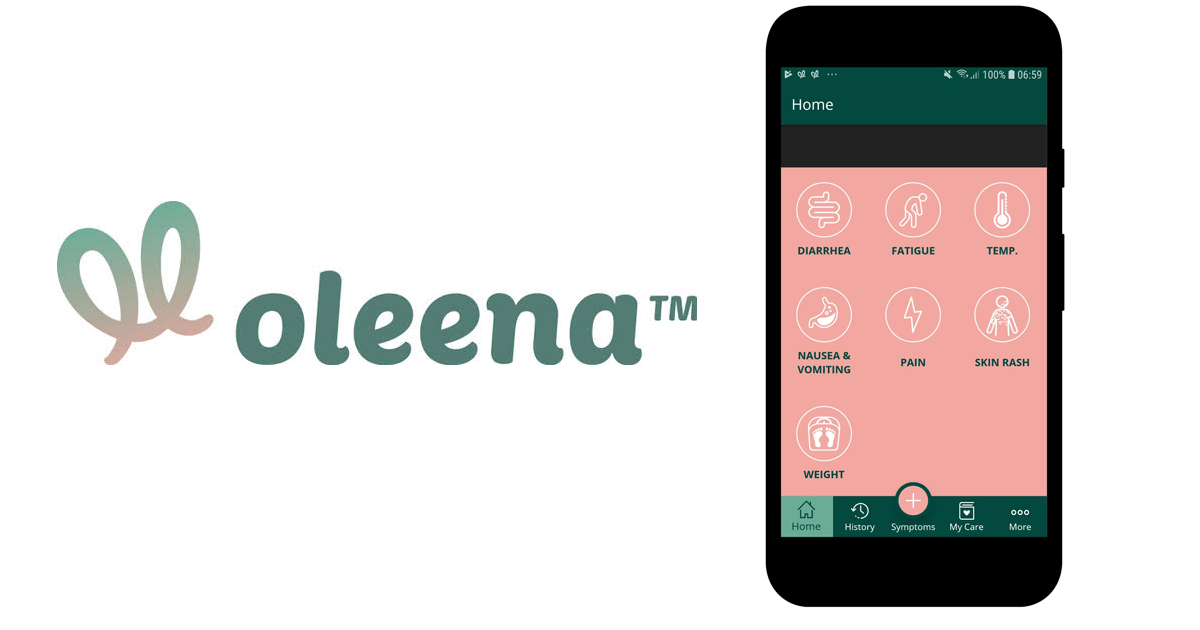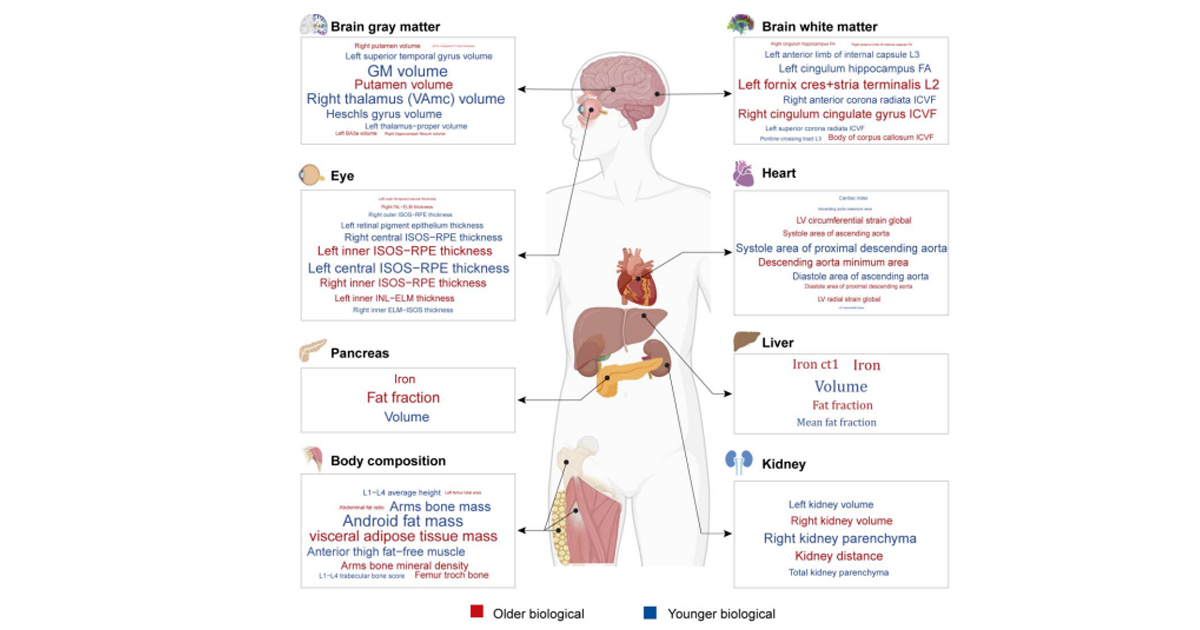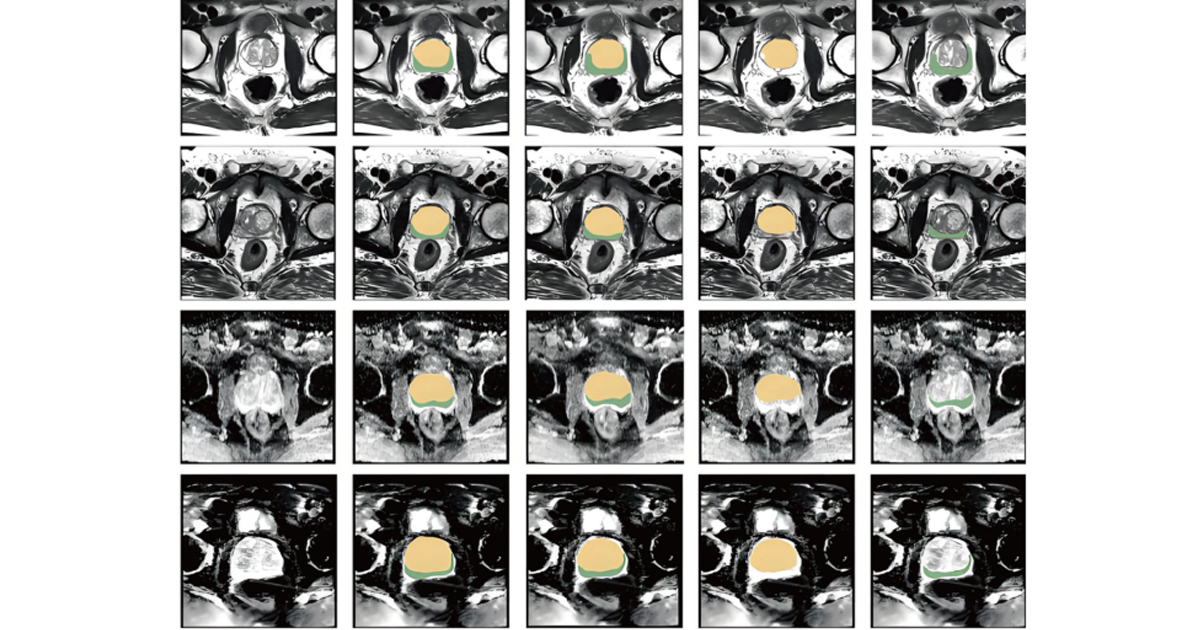La plataforma patentada por Voluntis trabajará con algoritmos que, basados en la información de los usuarios, ofrecerán orientación personalizada sobre los síntomas del cáncer y cómo mitigarlos. Además, podrán los equipos técnicos monitorear y generar mayor información respecto al estado del paciente.
The Administración de Alimentos y Medicamentos (FDA, por sus siglas en inglés), ha aprobado la plataforma Oleena que, basada en algoritmos y con la experiencia del usuario, ofrecerá una dinámica personalizada para el paciente, así como el monitoreo y generación de información para los Profesionales de la Salud.
Oleena es un software que forma parte de los dispositivos de Clase II, esto quiere decir que son de riesgo medio y no utilizan sustancias médicas para generar un diagnóstico con el paciente.
The platform works directly with the Teraxium Oncology, para terapias de oncología digital. Puede ser utilizado por pacientes sometidos a tratamientos de cáncer como:
- Chemotherapies
- Immunotherapies
- Digital Therapies
El resultado de la información que provee la aplicación va de acuerdo con los síntomas que el usuario registra, se adapta para ofrecer orientación personalizada sobre cómo puede auto controlar su condición y cómo manejar sus sintomatologías e instrucciones sobre cómo y cuándo tomar las terapias de apoyo incluidas en su plan de atención.

“Más allá de controlar sus síntomas, creemos que empoderar a los pacientes a través de la entrega digital de intervenciones terapéuticas personalizadas y en tiempo real ofrece la oportunidad de obtener resultados clínicos y económicos significativos”, dijo Pierre Leurent, CEO de Voluntis, en un comunicado. “Estamos encantados de presentar Oleena, la primera prescripción terapéutica digital en oncología, para transformar la experiencia de los pacientes a lo largo de su viaje por el cáncer”.
El principal impacto de este software es permitir a los pacientes tener un papel más activo en su cuidado y controlar los síntomas graves que pueden complicar el tratamiento. En cuanto al proveedor, su enfoque está en mejorar el monitoreo a través de una interfaz que resalta los casos que necesitan más atención y beneficiar al equipo encargado del cuidado del paciente.
“La terapéutica digital como Oleena representa una adición de importancia crítica al manejo de los síntomas a nivel de prácticas oncológicas”, dijo el Dr. Arvind Dasari del MD Anderson Cancer Center de la Universidad de Texas en un comunicado proporcionado por Voluntis. “El lenguaje sencillo y las interfaces fáciles de usar simplifican la autogestión del paciente. Los algoritmos clínicos integrados permiten una intervención automatizada y proactiva que ayuda a los equipos de atención médica, tanto en términos de personalización como de estandarización”.
Los algoritmos de Oleena replantean completamente la experiencia de los usuarios en cuanto a la información obtenida por medio de aplicaciones en pro de entender y poder llevar de mejor manera el seguimiento a los tratamientos para combatir el cáncer.
El uso de Oleena es solamente permitido con receta médica, pero existen otro tipo de herramientas enfocadas en monitorear los síntomas de pacientes con cáncer que tienen uso libre.
MOBI HEALTH NEWS
VOLUNTIS
SOBRE FDA Y DISPOSITIVOS DE CLASE
https://sites.jamanetwork.com/spanish-patient-pages/2014/hoja-para-el-paciente-de-jama-140122.pdf







